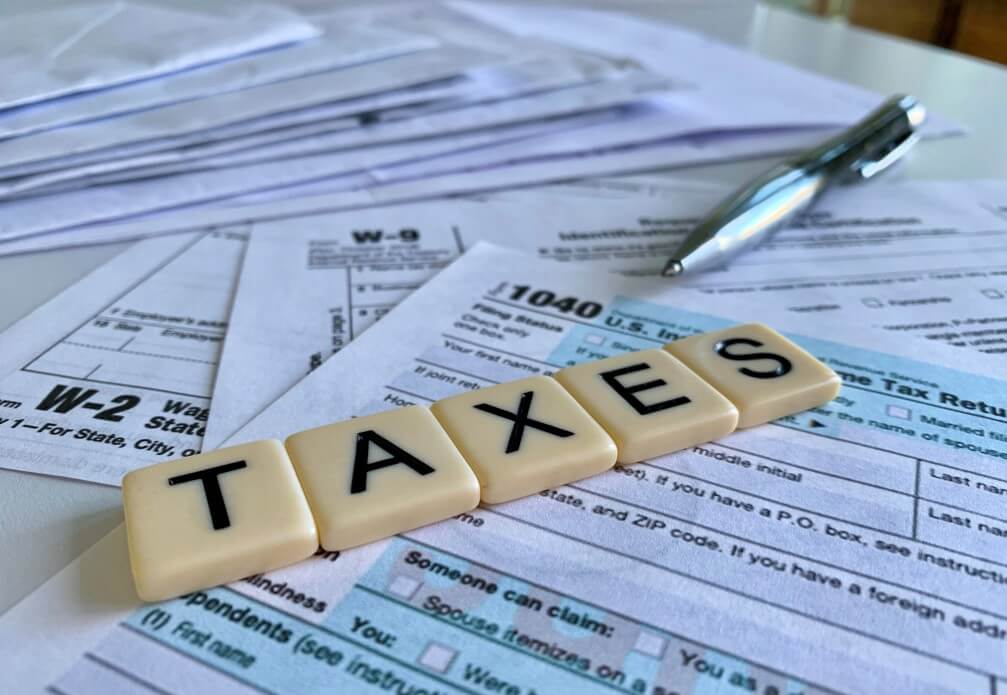Divorce can be a trying life event, but add filing taxes into the mix, and most parents are running for the hills.
Not to worry, by the end of this article, all of your divorce tax filing questions will be answered.
Filing Status
Let’s start with filing status. For couples going through the process of divorce, there are two filing options. When a divorce is pending but not finalized, the IRS still considers the couple to be married. Therefore, if the couple agrees, they can file a joint return. However, you cannot force your spouse to file a joint return.
If one or both spouses choose not to file jointly, both parties can file married, filing separately.
Many couples ask if they can file jointly for that tax year they were married after their divorce is finalized.
IRS Publication 504 states that couples are considered unmarried (single) for the whole year if they obtained their final divorce decree by the last day of that tax year. In other words, even if you were legally married for 11 months of the year, and receive your divorce judgment on December 31st, the IRS considers you to be unmarried for the entire year, and you must file an individual return.
When filing jointly during divorce proceedings, one important thing to consider is that either spouse can be held jointly and individually liable for any interest or penalty due on a joint return. The IRS can hold both parties individually and jointly liable even if it is included in the Separation Agreement that your former spouse will be responsible for any amounts due on a joint return.
Dependency Exemptions
Another commonly asked question is, “Who gets to claim the children?”
This is a legitimate concern as only one parent can claim a child as a dependency exemption. There are various factors to consider in determining the most sensible way to claim the available exemptions. For example, your particular situation, including your income, your spouse’s income, other tax considerations, and your parenting schedule can all impact the decision.
Couples with more than one child can share the exemptions buy each parent claiming a child. Some parents also agree to alternate years in which they claim a child.
When a divorce is finalized, the Separation Agreement generally provides the details of dependency exemptions. However, the IRS will treat the child as the qualifying child eligible to be claimed as a dependency exemption for the custodial parent, which the IRS defines as the parent with whom the child lives for a longer period of time during the year.
If the Separation Agreement states that the noncustodial parent is supposed to claim the child, the dependency exemption will have to be transferred from the custodial parent to the noncustodial parent.
If you have questions pertaining to your divorce or custody case, contact our office today. Our attorney is ready to discuss Massachusetts divorce law with you.

